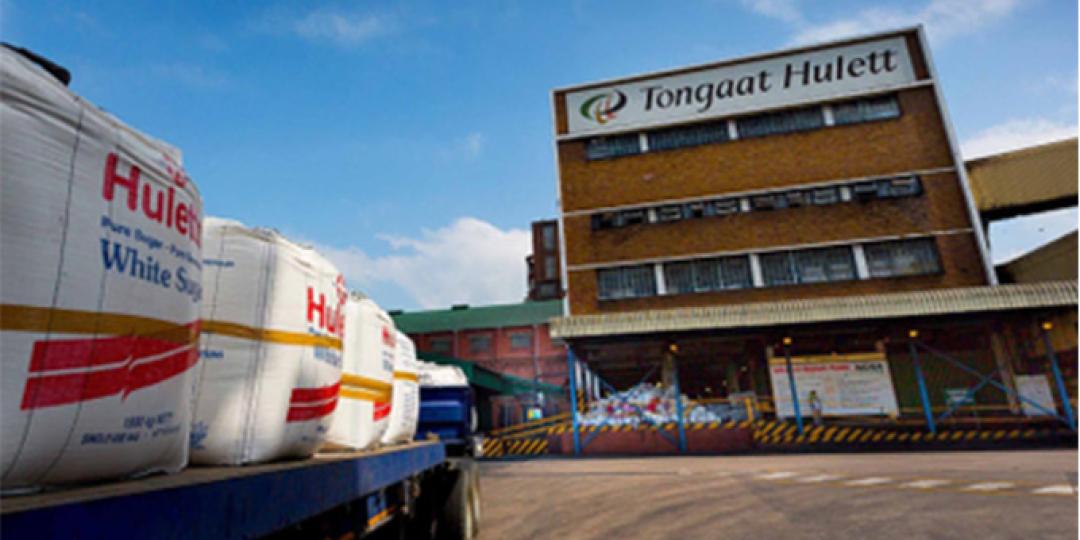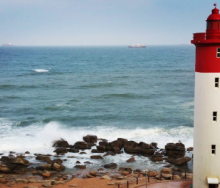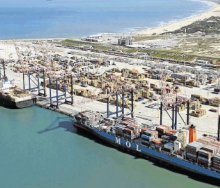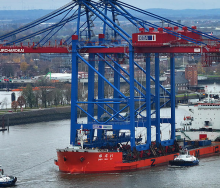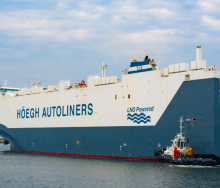The Durban Chamber of Commerce and Industry (DCCI) has thrown its weight behind Tongaat Hulett and called for collaboration to assist the embattled firm in its decision to enter business rescue.
DCCI president Prasheen Maharaj said the chamber believed that the decision to enter business rescue had followed due consultation and was a well-thought-out process. However, he said the country’s Sugar Master Plan could potentially be derailed if there was an influx of imported sugar. Tongaat Hulett is one of the country’s largest sugar producers, supplying the local market with roughly one-third of sugar and 50% of white sugar.
“As organised business, we remain committed to working with Tongaat Hulett to help recover and restore their business operations. As one of the major sugar providers, its failure to deliver sugar to its customers will result in devastating consequences that can prove detrimental for South Africa,” he said.
Maharaj added that an influx of imported sugar could make the local market less competitive and lead to the loss of an estimated 700 000 jobs in the sector.
“The Durban Chamber of Commerce and Industry calls on all stakeholders to work together for the interest of the economy and the country. Cooperation and collaboration need to form part of the business rescue plan to ensure that Tongaat Hulett is rescued and survives the challenges it is facing,” Maharaj said.
The company announced its decision in a recent SENS (Stock Exchange News Service) statement.
The announcement informed shareholders that the company’s debt levels remained well in excess of what could be serviced, that delays experienced in recapitalisation had worsened the situation, and that a debt restructuring plan to address both the excess debt and a
R1.5 billion shortfall in working capital facilities had been approved by the Tongaat Hulett board of directors. It said the plan had been submitted for consideration to the relevant stakeholders.
“The extent of the challenges faced by the company and its current strained financial position are well publicised and arose from years of high and increasing debt levels, alleged financial misstatements, and historic mismanagement under previous leadership. These factors have resulted in the loss of significant value for shareholders,” according to a statement.
The company said that under a new leadership team and board, its comprehensive turnaround strategy had sought to introduce a process to address these challenges since 2019.
“Good progress was made on a variety of fronts, including realising cost savings and improving liquidity management. Debt, specifically, has been reduced by more than R6.6 billion from a high of R11.7bn, through the selected sale of non-core, and in certain instances core, assets. Despite the good progress on debt reduction initiatives, however, Tongaat Hulett remains unable to service its residual debt, the majority of which (87%) is carried by the cash flows of the South African sugar operation, the property business, and dividends and operational support fees received from the non-South African sugar operations,” the firm added.
This comes after several Tongaat Hulett executives, including CEO Peter Staude and former CFO Murray Hector, appeared in the Durban High Court in September facing charges related to fraud amounting to about R3.5bn. Tongaat directors Michael Edward Deighton, Rory Edward Wilkinson, finance executive Samantha Shukla, legal executive Kamasagrie Singh, and auditor Gavin Dykes Kruger of Deloitte and Touche, are also among the accused in the matter. The suspects are all currently out on bail.
